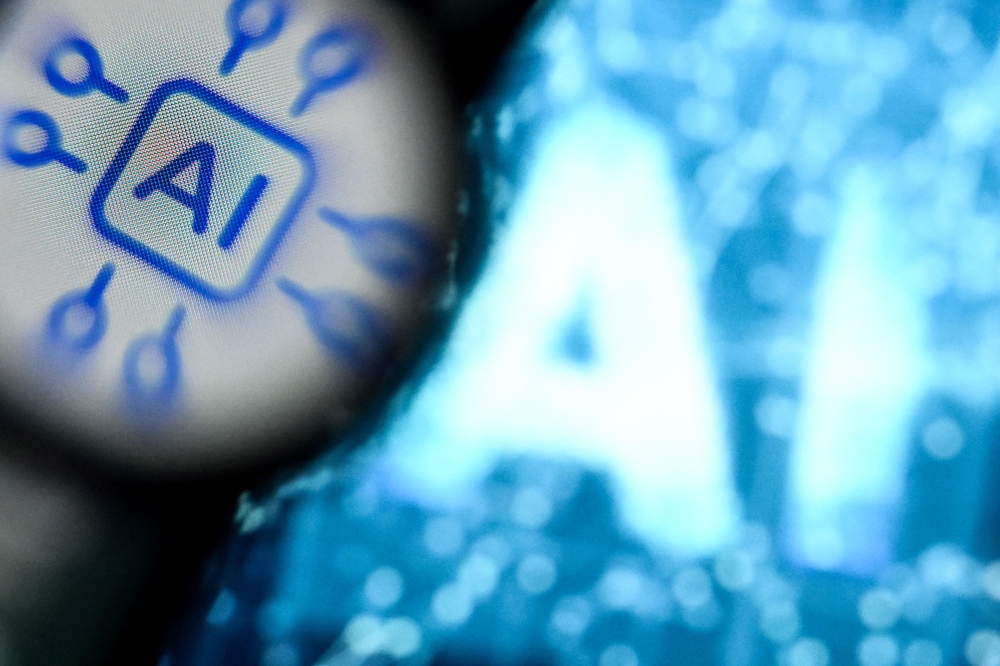JANUARY 13 — Artificial Intelligence (AI) is no longer a distant future concept, it is shaping the way we learn, teach, and work. In Malaysia, the Ministry of Education's (KPM) Digital Education Policy provides a robust framework to equip teachers and students with the skills needed to navigate this evolving digital landscape. However, amidst technological advances, there is a call to uphold karamah insaniah, human dignity and the core principles of KPM, ensuring that our education system nurtures well-rounded individuals.
The role of teachers in an AI-driven world
AI is a tool, not a replacement for teachers. Educators must be at the forefront of integrating AI into the classroom, leveraging tools like intelligent tutoring systems and automated assessments to personalize learning. Programmes such as the Digital Education Competency Enhancement for Educators empower teachers with digital literacy and critical thinking skills.
At the same time, the emphasis on karamah insaniah reminds educators to uphold their role as moral guides. This involves teaching students ethical considerations around AI, such as the importance of data privacy, equity, and the potential biases embedded in AI systems.
Students: Future-proofing skills
For students, mastering AI-related skills is imperative. Initiatives under the Digital Education Policy, such as coding in schools and STEM-focused projects, encourage students to explore technology from a young age. The integration of AI in science education, for example, allows students to simulate real-world scenarios, enhancing both their analytical and creative thinking skills. However, it is equally important to nurture soft skills such as empathy, adaptability, and teamwork. These skills aligned with tertiary KPM principles, ensure that students grow into responsible citizens who can thrive in an AI-centric world without losing their human touch.

Balancing spiritual and technological education
One of the unique aspects of Malaysia’s education system is its focus on integrating spiritual values into learning. By embedding design thinking models that incorporate spiritual elements, schools can create learning experiences that not only prepare students for technological challenges but also instil a sense of purpose and ethical responsibility. For instance, students can participate in projects addressing societal challenges using AI while considering ethical and spiritual perspectives. This ensures that their solutions are not only innovative but also morally sound. While the potential of AI in education is immense, challenges such as the digital divide, lack of infrastructure, and the need for continuous teacher training remain. KPM's efforts to bridge these gaps through equitable access to technology and professional development programs are crucial. On the other hand, opportunities abound. AI can assist in identifying learning gaps, improving administrative efficiency, and fostering personalized learning. By aligning these benefits with the principles of karamah insaniah, Malaysia can set a global example of an education system that balances technological innovation with human values.
As AI continues to revolutionize education, the synergy between technology, ethical values, and human dignity will define its success. KPM’s Digital Education Policy provides a roadmap, but the responsibility lies with teachers and students to embrace AI not just as a tool for efficiency but as a means to build a better, more humane world. By fostering digital competency and spiritual integrity, Malaysia's education system can produce individuals who are not only tech-savvy but also morally grounded, a perfect blend for the challenges of the future.
* This is the personal opinion of the writer or publication and does not necessarily represent the views of Malay Mail.





















